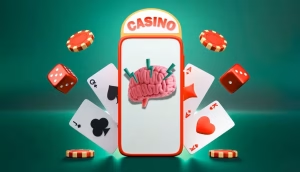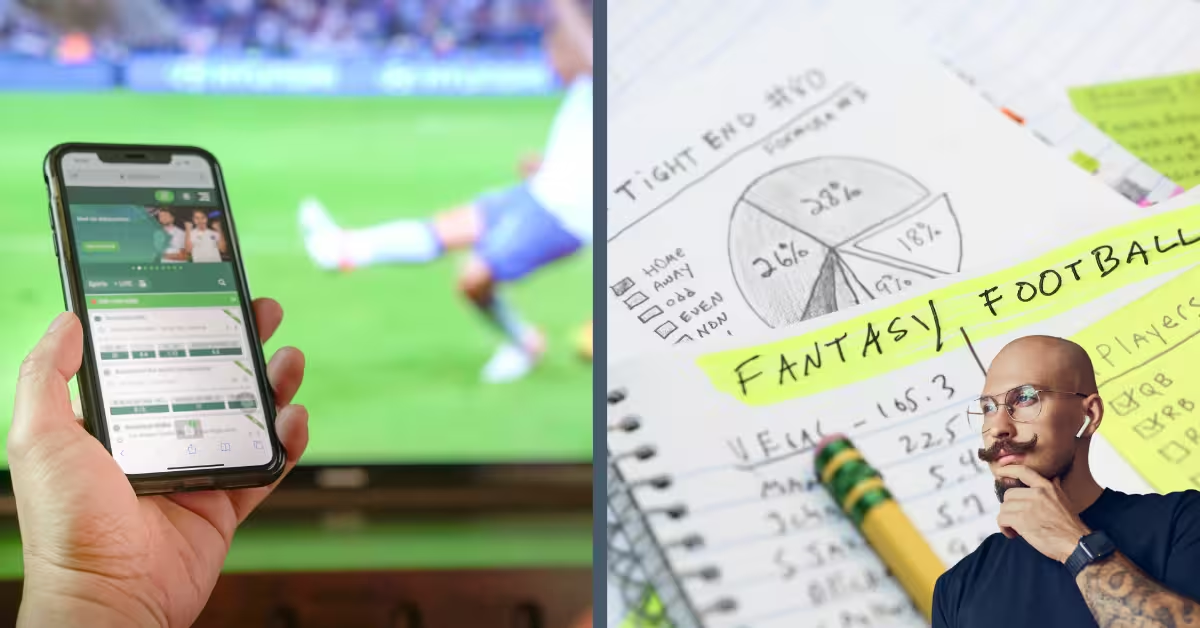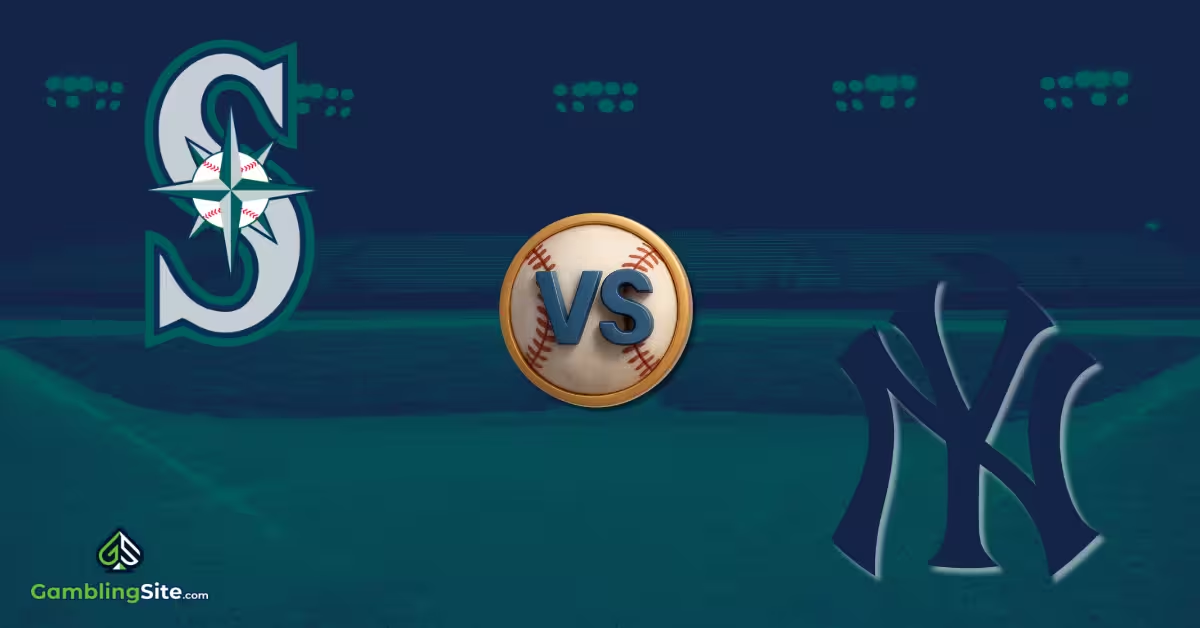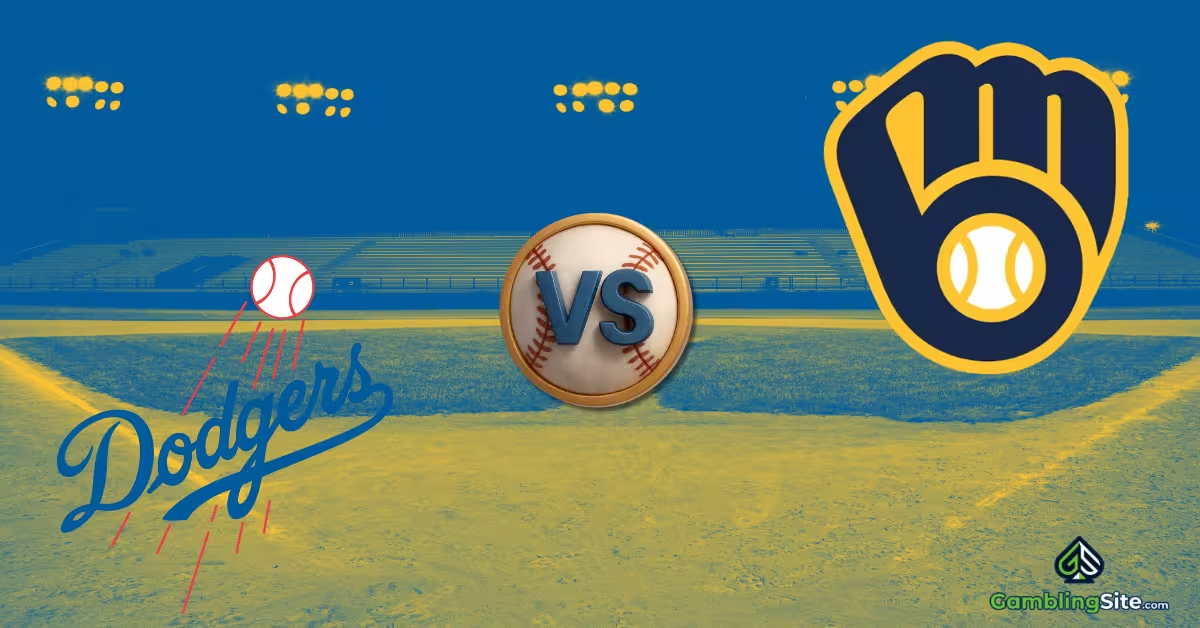The Psychology Behind Blackjack | Why It’s More Than Just a Game

Blackjack is hands down one of the most popular casino games out there. But it’s more than just an entertaining game of cards; it’s actually a psychological puzzle. Have you ever watched people play blackjack? It’s nerve-wracking to see, let alone play.
We want to find out exactly what the psychology behind blackjack is, how it impacts the players, and why this casino fav is more than just a game!
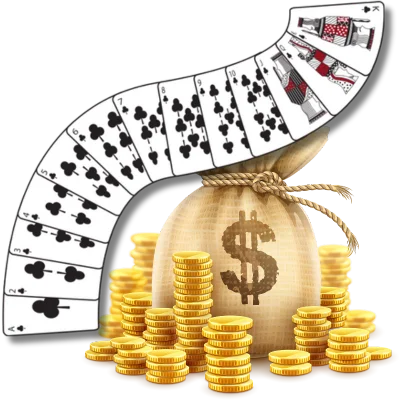
The Thrill of Taking Risks for Big Rewards
Human beings like taking risks, especially in places like casinos where there is a chance to win and win big. Studies show that the possibility of winning big money often makes people ignore the actual risks they’re taking, and blackjack combines skill and luck, so it really plays into this attraction toward risk-taking.
Psychology Today says, “One of the main reasons that blackjack attracts regular gamblers is that it is a game that the skillful player can expect a profit in the long run. It is the only game that casinos offer where the chances of winning favor the gambler.
A gambler’s playing strategy is dictated by how they can influence the outcome simply by taking or avoiding extra cards. Research into the psychological strategies of blackjack playing has shown that gamblers fall into one of three main types.
Firstly, there is the ultra-conservative ‘never bust’ approach, where the gambler sticks on any hand that could go bust on the next card (i.e., any hand of 12 and over). Since the dealer must draw until they reach 16, this approach will certainly pay off some of the time.
A second popular strategy is ‘mimic the dealer,’ where gamblers sit on 17 or more but draw to 16 or less. The psychology here is that if it’s good for the dealer, it must be good for the gambler. However, very few regular players will follow either of these simplistic strategies.
“Most gamblers adopt optimum ‘basic’ strategies in which the decision to hit or stand depends on the ‘up-card’ held by the dealer. The player knows that as the game progresses, the number of cards left in the shoe is limited. If a player keeps count of the ratio of 10 value cards to non-10 value cards, they can place minimum bets when the deck is favorable to the gambler and maximum bets when the ratio is favorable. The smaller the ratio, the richer the deck is with ten-value cards and the greater the advantage to the gambler. This well-known card-counting method was first laid out over 40 years ago by the mathematician Ed Thorp in his classic 1966 book ‘Beat The Dealer.’
“Some people have said that the book stands in relation to gambling as Einstein’s theory of relativity does to physics—it changed perception of reality! More elaborate counting methods are available based on awarding points to low, medium and high cards and by keeping a running count of unseen cards. Over the years, many people have used elaborate systems in order to keep count.”
The Emotional Rollercoaster
Blackjack takes players on an emotional rollercoaster–when you win, you get a dopamine rush, reinforcing the behavior. But when you lose, you can fall into loss aversion, where you try to chase your losses to recover from the low of losing. And that never ends well, folks.

Feeling Like You’re in Control
In blackjack, players make a lot of decisions, such as whether to hit, stand, double down, etc. This makes them feel like they have more control over the outcome than they actually do. Studies show that people often overestimate how much influence they have in chance situations.

Skill vs Luck
Blackjack mixes skill and chance. While strategies can better your odds, the randomness of dealing cards often outweighs skill, making players overconfident.

Cognitive Biases and Blackjack
Confirmation bias matters in blackjack—players tend to remember wins more than losses, warping their idea of success, and this selective memory can make them feel luckier and more skilled when the opposite is true.

The Gambler’s Fallacy
The gambler’s fallacy is common in blackjack, too. Players might think past events, like losing streaks, influence what happens next. So they expect it is time for a win, that it is somehow owed to them, even though that is never how it works in games of chance like blackjack.

Table Talk
Playing with others adds a social component to blackjack as well, which means there is peer pressure, and fitting in with the yelling crowd around you can lead to riskier choices than playing solo.

The House Edge and Social Proof
Despite the house edge, blackjack draws in players partly thanks to social proof, and seeing others win makes people think they could, too, so they keep on playing.

Coping and Emotions
Responsible blackjack players often cope well emotionally, as handling losses matters for avoiding problem gambling, staying confident, and having fun while playing the game.

Superstitions
A bunch of gamblers come up with superstitions and rituals to handle the randomness and uncertainty of blackjack and other casino games–this gives them a sense of control and a way to cope with anxiety about the outcomes.

Blackjack and Problem Gambling
Blackjack is also addicting for some–the speed of play and the illusion you can master can get people chasing losses and gambling too much. Knowing the signs that your gambling is problematic is key.
Places that offer gambling do try to push responsible gambling so people don’t lose control. Understanding blackjack’s mental side can help all players have fun but not go overboard–if you think you have a problem, they offer resources and tools to help with gambling addiction.
Takeaways
The most important thing to remember here is that blackjack involves more than just cards; there’s a complex psychology behind it. Looking at things like risk-taking and people’s biases can improve the experience and lead to more winning, but also healthier approaches overall.
It doesn’t matter if you are a newbie or a seasoned blackjack player–knowing and understanding these factors gives you a deeper view of blackjack beyond just knowing when to hit or stand.
If you are looking to start playing online, you can check out our list of the best blackjack apps.

Alyssa contributes sportsbook/online casino reviews, but she also stays on top of any industry news, precisely that of the sports betting market. She’s been an avid sports bettor for many years and has experienced success in growing her bankroll by striking when the iron was hot. In particular, she loves betting on football and basketball at the professional and college levels.


